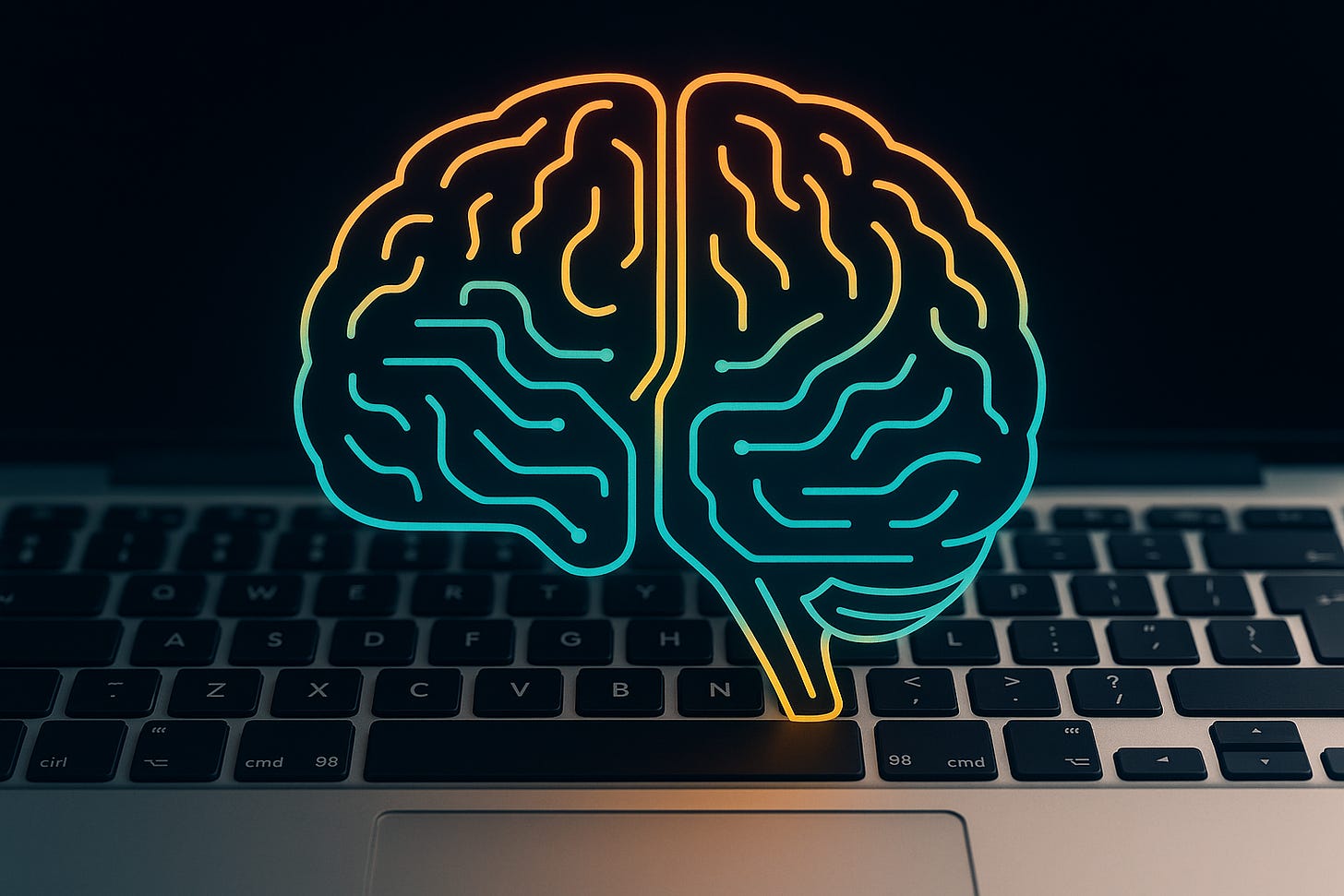Is ChatGPT Making Us Dumber?
Or are we just using it wrong?
There’s a lot being made of a recent MIT study that appears to show some real effects on the brain’s creativity and cognitive activity when people use ChatGPT. Supporters of AI are quick to dismiss the study. Critics are gleefully spreading it like a digital “I told you so.”
So let’s look at what the study actually says and what it doesn’t.



